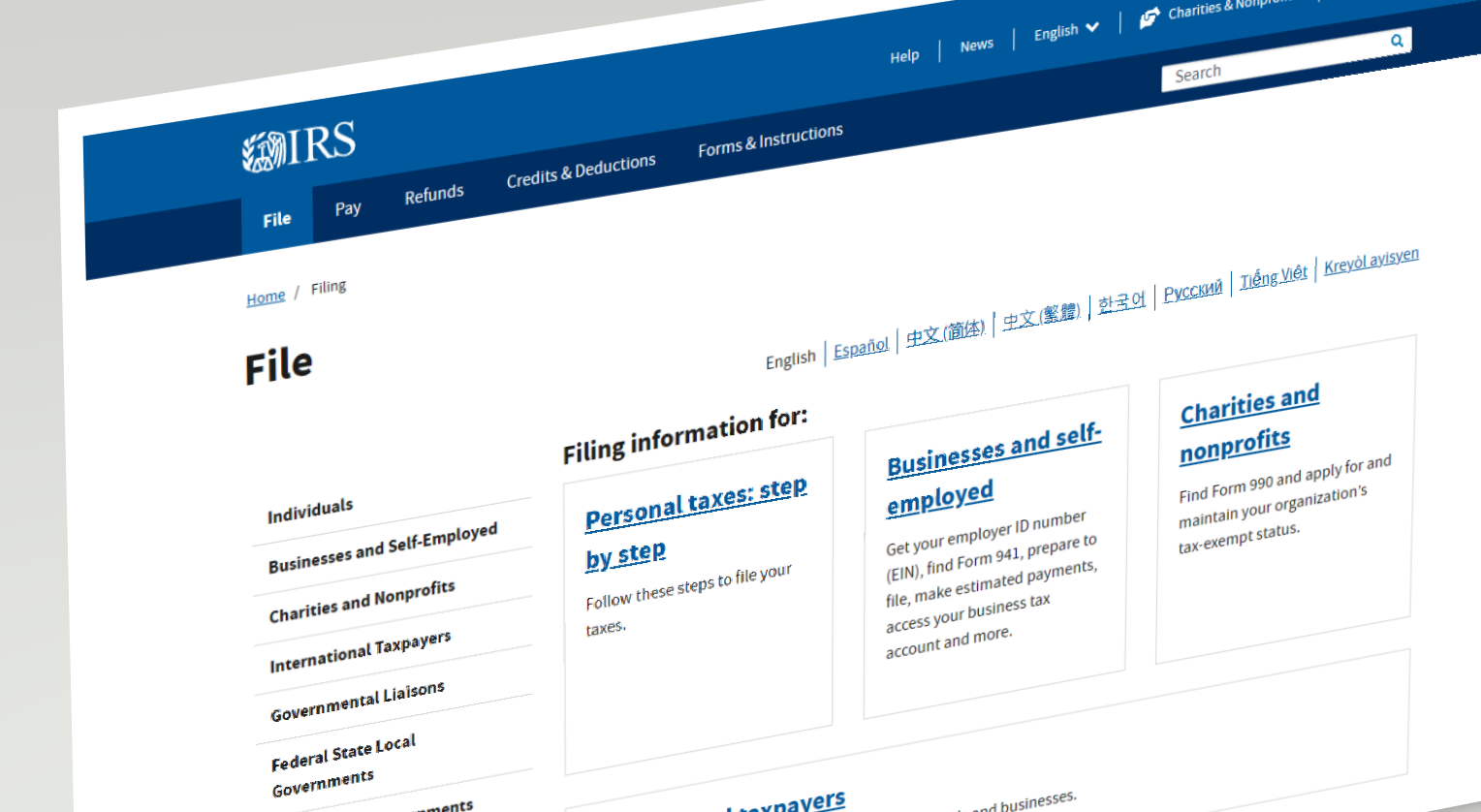As artificial intelligence revolutionizes the tax and accounting industries, professionals can improve workflows, enhance the client experience, and stay ahead of their competition. In this blog post, we will explore how Artificial Intelligence can help accountants and tax advisors in various aspects of their work, and what are the pros and cons of adopting this technology.
Artificial Intelligence for automation and accuracy

One of the main benefits of Artificial Intelligence is the ability to automate routine and repetitive tasks, such as data entry, invoice processing, reconciliation, and tax filing. By using Artificial Intelligence software, accountants can save time, reduce errors, and free up their resources for more complex and creative work. For example, software can automatically extract relevant information from financial documents and use it to create tax returns. Artificial can also be programmed with tax laws and regulations to ensure a company remains compliant.
Another advantage of Artificial Intelligence is the enhancement of accuracy and quality of financial reporting. Artificial Intelligence can analyze large and diverse datasets, identify patterns and anomalies, and provide real-time insights. This can help accountants detect fraud, avoid penalties, and make better decisions. For example, Artificial Intelligence can combine financial data with other sources, such as market trends, customer behavior, and competitor analysis, to create more accurate forecasts.
Artificial Intelligence for client service and growth


Artificial Intelligence can also help accountants improve their client service and reputation by providing faster and more responsive communication. By using natural language processing and machine learning, Artificial Intelligence can answer queries, generate insights, and provide recommendations based on tax data and rules. Artificial Intelligence can also create personalized reports and dashboards that showcase the value of the accountant’s work to the client.
Moreover, Artificial Intelligence can help accountants leverage their data and expertise to provide better advice and solutions to their clients, as well as identify new opportunities for growth and innovation. Artificial Intelligence can help accountants understand their client’s needs, preferences, and goals, and tailor their services accordingly. Artificial Intelligence can also help accountants discover new markets, niches, and services that they can offer to their clients.
Pros and cons of Artificial Intelligence in taxation
Artificial Intelligence has many advantages for accountants and tax advisors, but it also comes with some challenges and risks. Here are some of the pros and cons of Artificial Intelligence in taxation:
Pros:
– Increased productivity and efficiency
– Reduced errors and risks
– Improved decision-making and forecasting
– Enhanced client service and satisfaction
– Expanded growth and innovation opportunities
Cons:
– High initial cost and maintenance
– Need for constant updating and training
– Potential loss of human touch and judgment
– Ethical and legal issues regarding data privacy and security
– Possible displacement of human workers
Conclusion
Artificial Intelligence is transforming the way accountants work for the better. By adopting Artificial Intelligence technology, accountants can automate many tasks, improve accuracy and quality of reporting, enhance client service and communication, and create new value propositions. However, accountants also need to be aware of the challenges and risks that come with AI, such as cost, training, ethics, and employment. Therefore, accountants should embrace Artificial Intelligence as a partner rather than a competitor, and use it to augment rather than replace their human skills.










